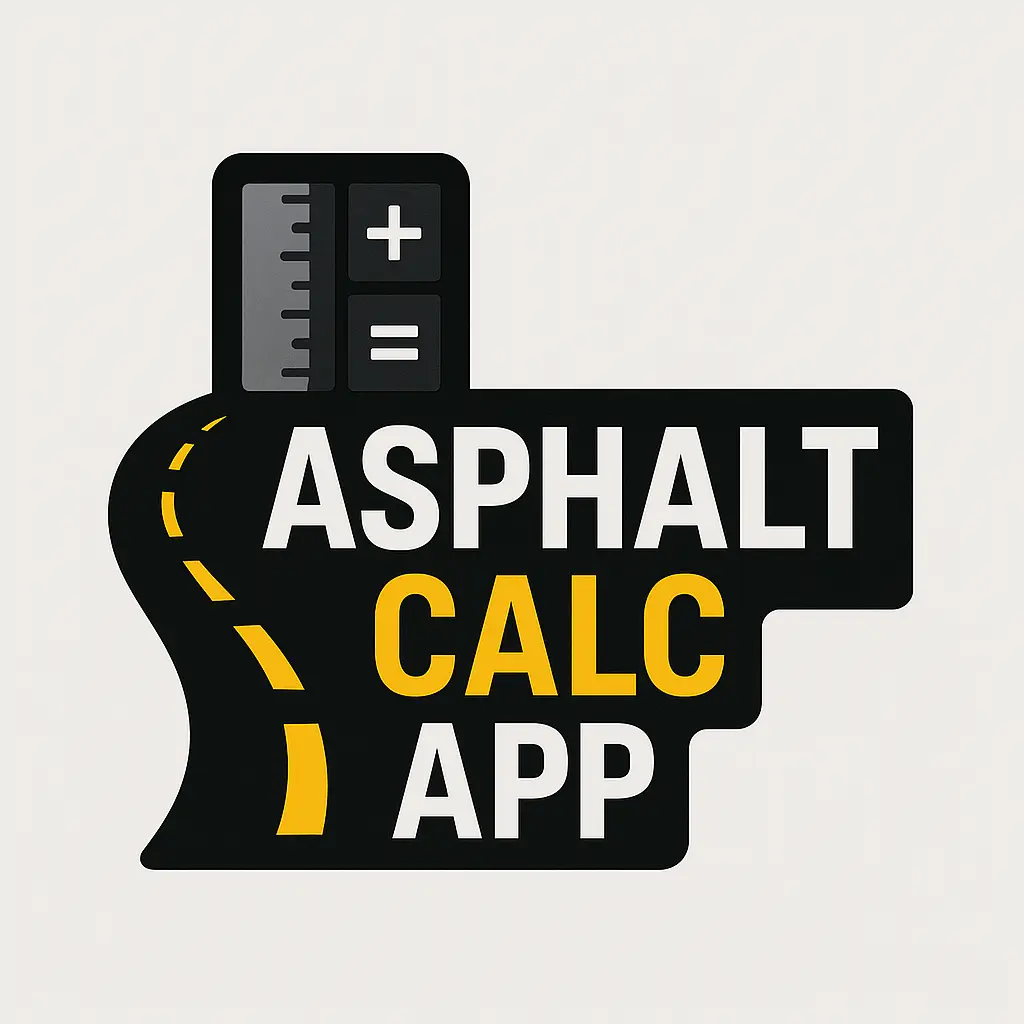🌙 / ☀️
Asphalt Calculator
Calculate Asphalt Quantity
Enter values and click calculate.
What is an Asphalt Calculator?
An asphalt calculator helps you determine the exact amount of asphalt required for driveways, parking lots, and road construction. It removes the guesswork and gives fast, accurate results based on width, length, depth, and density.
Why Use Our Asphalt Calculator?
- ✔ Accurate estimates for tons and project cost
- ✔ Fast results with zero manual math
- ✔ Mobile-friendly and easy to use
- ✔ Works for both contractors and homeowners
How the Asphalt Formula Works
The formula used:
Tons = (Width × Length × Depth × Density) ÷ 2000
Related Tool
Try our Asphalt Tonnage Calculator for deeper tonnage breakdowns.
